
Until recently, high blood pressure was considered to be a problem in the elderly population. It was considered to be highly uncommon for young people to have their blood pressure checked systematically. Recent studies show that hypertension is more common in young men, because their blood pressure responds to the lifestyle changes and weight problems typical for our era.
The most unpleasant consequences may result from untreated hypertension. It damages the heart and other organs and may even lead to life threatening conditions such as heart disease, stroke or kidney failure. High blood pressure is often called "the silent killer" because symptoms develop gradually and only when the vital functions are already being damaged.
Classification
Blood pressure is the pressure carried on by circulating blood upon the walls of blood vessels. During each heartbeat, blood pressure varies between maximum and minimum pressure - systolic and disastolic pressure. Systolic pressure is the pressure of blood against the artery walls while diastolic pressure is the pressure between beats.
The following classification applies to adults aged 18 and older:
Normal Less than 120/80Prehypertension 120-139/80-89Hypertension 140/90 (130/80 for patients with diabetes or chronic kidney disease)Stage 2 hypertension ≥ 160/ ≥ 100Hypertension can be divided in two types: essential and secondary. The cause of essential hypertension which occurs in 90-95% of cases is unknown. However, it is known that obesity, sedentary lifestyle or excessive use of alcohol or salt can provoke this condition. As for the secondary hypertension, the cause may be kidney disease, hormonal imbalance or drugs and alcohol.
Younger men often have high diastolic pressure while the older men suffering from hypertension usually have high systolic pressure. It is because in younger men heart pumps harder causing the rise of diastolic pressure.
Reccomended lifestyle modifications
Healthy diet - patients should consider weight reduction, maintaining a normal weight with a body mass index of 18.5 to 24.9. Studies show that reduction of 5-20 points in systolic blood pressure may be attained by 10 kilograms of weight loss.
DASH (Dietary Approaches to Stop Hypertension) eating plan - lots of fruits, vegetables and low-fat milk products should be introduced to diet. Saturated fat should be avoided. An expected systolic blood pressure drop rate is 8-14 points.
Lower salt intake - about 1 teaspoon a day should result in 2-8 reduction points in systolic blood pressure.
Risk factors and anger management
There are certain factors that can contribute to hypertension: family history, excess body fat, high cholesterol and diabetes, are the most prominent. Life habits are also very important and anger management should be considered as a crucial part in treatment of this condition. Anger causes plenty of psychological and biological changes and researches show that people who are less prone to show their rag are more likely to develop hypertension. Patients should first learn to recognize the anger and situations that provoke angry feelings. Furthermore, they should learn to analyze the situations and thus reduce the anger. Counting to 10 or practicing a muscle relaxation should help.
Treatment
Many physicians will not advise young men to take blood pressure lowering pills, but as an alternative will recommend that they get their weight down and do some more exercise. Younger and younger men are finding themselves being hypertensive, and this demands the immediate attention. Doctors have a wide variety of methods to treat high blood pressure and patients should be aware that earlier treatment might improve their current state and prevent the coronary heart diseases, erectile dysfunction and other unpleasant issues.




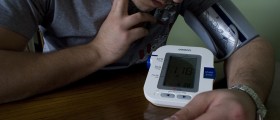

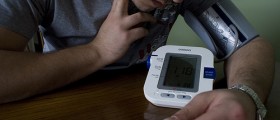
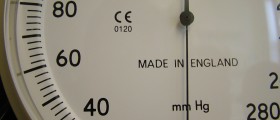

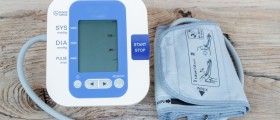
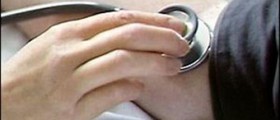
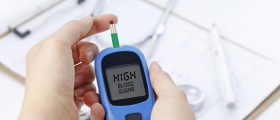
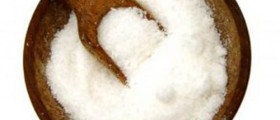

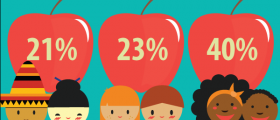
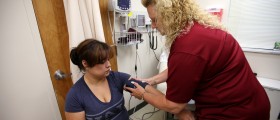
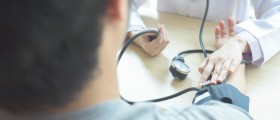
Your thoughts on this
Loading...